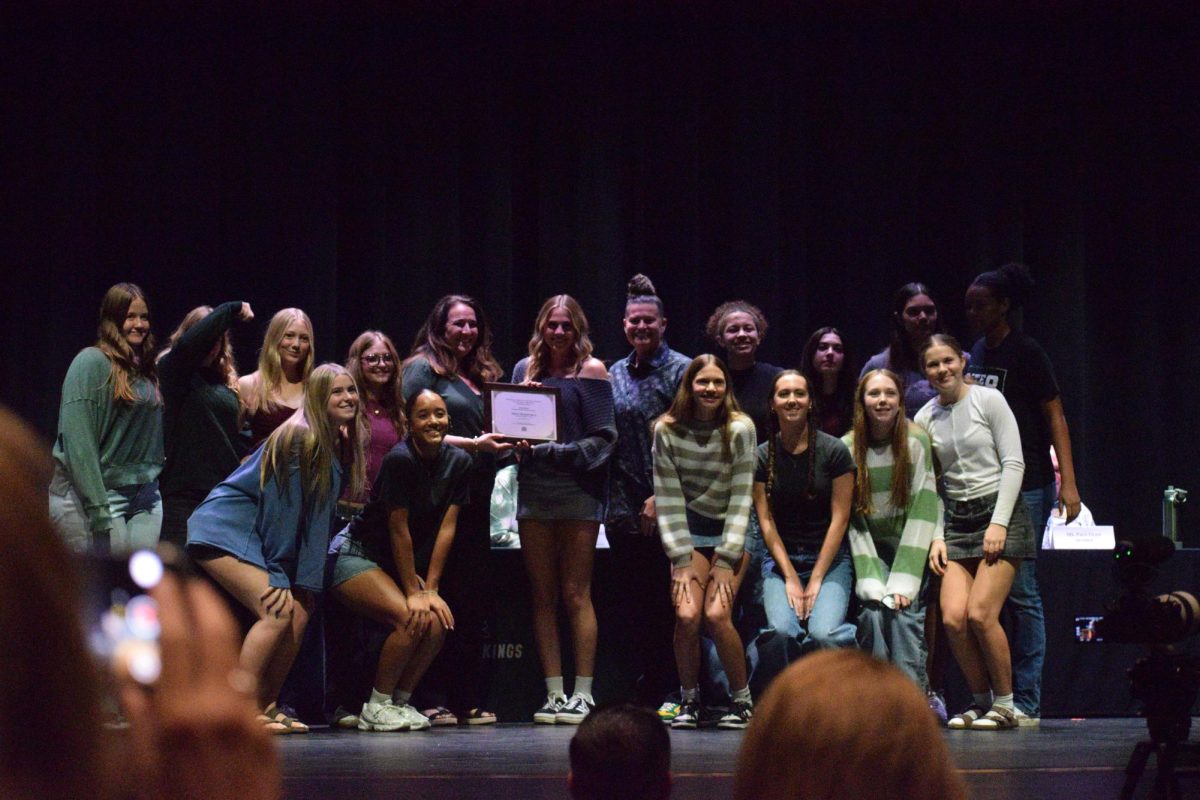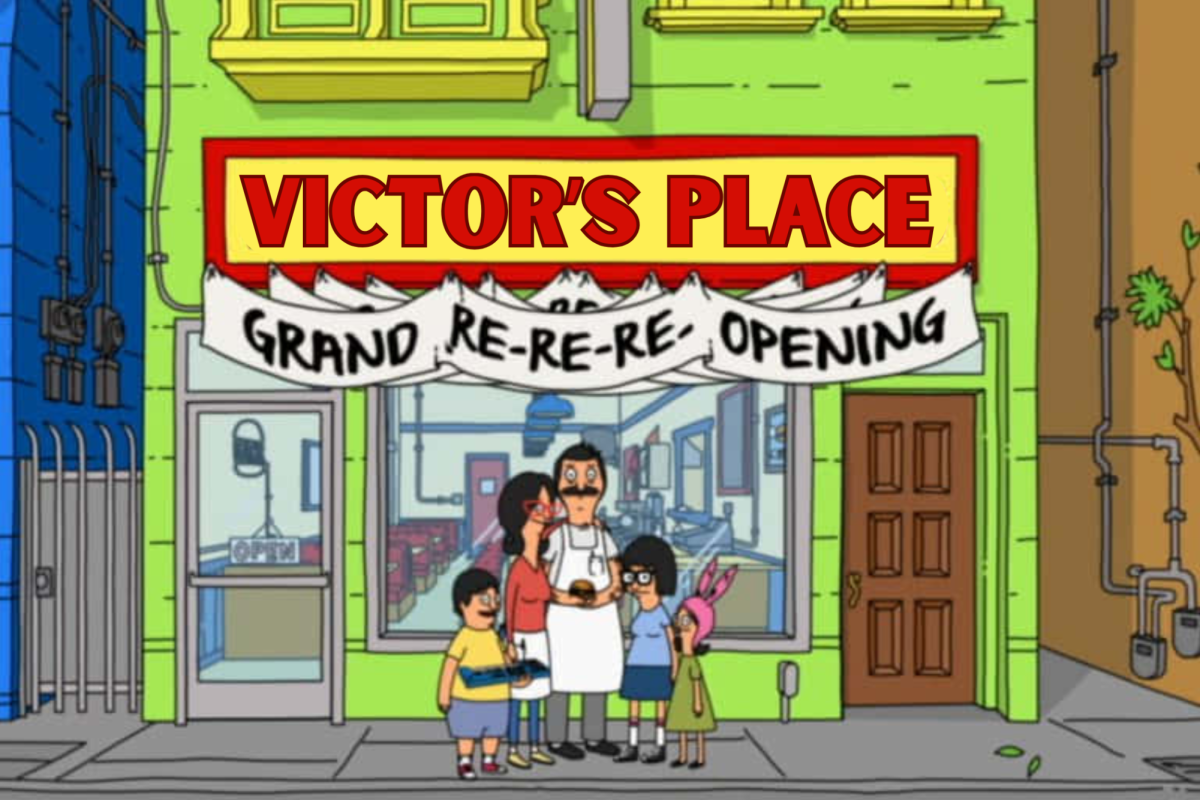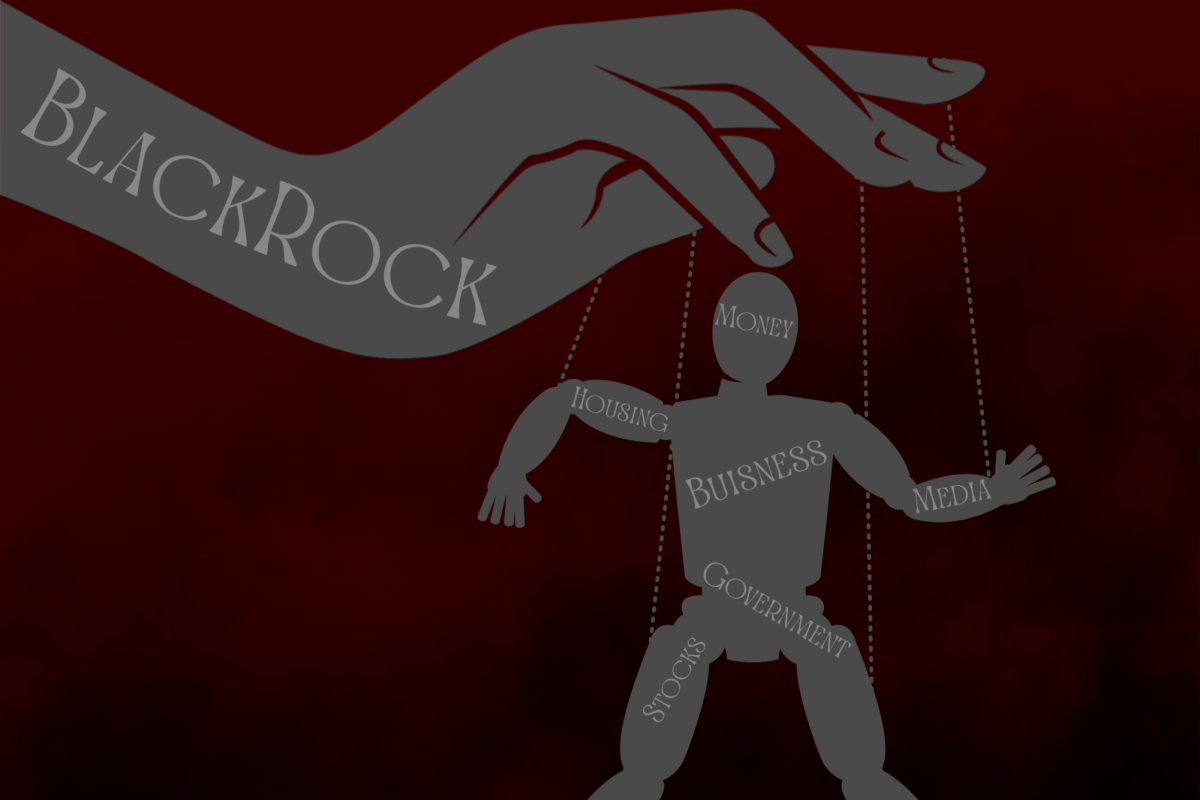The Free Application for Federal Student Aid, or more commonly known as just FAFSA, opened November 18 this year to all applicants.
As it’s one of the most important steps students and their families can take to pay for college, some states now make filling out the FAFSA a high school graduation requirement.
Regardless of whether or not Sunnyslope requires students to apply, College and Career Advisor Deidre Eager encouraged all seniors to ask her or their “guidance counselor” if they needed help with registering.
Eager also said, while “seniors are the only ones eligible to complete the FAFSA,” students who are currently in college can “complete the FAFSA every year… if they want to.”
1). What is it? The background information.
While the name is quite self explanatory, according to FAFSA’s official website, the education funding program is “the application that students complete to receive student aid for college or career school.”
According to Big Future College Board, “application is free” and to “complete the FAFSA online” one must login with a “Federal Student Aid (FSA) ID at studentaid.gov.”
US News reports that “A common misconception about the FAFSA is that families think they won’t qualify for any financial aid.”
Later in the same article, US News also encouraged all qualified students to apply and Johnnie Johnson, vice president for enrollment management at Washington College in Maryland said “You don’t know unless you fill it out. The good thing about the FAFSA is that it’s free, so it won’t hurt you to fill out. Fill it out no matter what.”
2). Last year’s difficulties vs this year’s performance.
The Hill News, and many other news stations, reported that last fall’s FAFSA was filled with “delays and technical errors [that] crippled the process.”
This forced students to wait months longer than usual to learn what college would cost them and whether or not they could afford to enroll at the college of their choice.
The Hill News also reported that as of August 20, 2024, many students had not yet “received their aid packages for this coming school year, and some [had] chosen to drop out of the application process altogether.”
Thankfully, when this year’s FAFSA came out, it was revealed that while “The online FAFSA may not look new… it’s certainly improved compared to last year’s version,” said NPR News.
While some report that this year’s form still has some glitches, the majority’s consensus is that this year’s form was executed in a much better manner than last year’s.
In fact, a NPR News article quoted Christina Martinez, a financial aid advisor at California State University, Log Angeles, and said “[FAFSA is] a piece of cake” this year and that so far “it’s been going very smoothly.”
3). What a Second Trump Term means for students.
According to CNN News, “Donald Trump has pledged to abolish the Department of Education.”
He said this in September during the Wisconsin rally of his 2024 presidential campaign.
His reasoning was to stop the abuse of “taxpayers dollars” which will prevent “America’s youth” from what they don’t want to, or shouldn’t, hear, said CNN News.
Another noteworthy agenda that intends to restrict educational funding is Project 2025, “a conservative policy… published by the Heritage Foundation, focused on guiding the next Republican president,” said NASFAA.
Notably, some democrats, and even republicans, find it to be an extreme proposal.
This is most likely because “Part of the document… focuses on higher education and highlights that a new Republican administration ‘must end’ the Biden administration’s ‘abuse,” according to NASFAA.
Amidst the distressing rumors of abolishing FAFSA, the Houston Chronicles said “college students are questioning the fate of financial aid amid fears that the Trump Administration could shutter the Department of Education.”
In fact, “Several financial aid advocates, researchers and advisers validated the worries of the students… calling it logical for them to assume that student aid could be scaled back or cut altogether,” reported Houston Chronicles.
Those same advocates, however, emphasized that those scenarios would require legislative changes that are unlikely to gain support.
Furthermore, CNN News backed up these pacifying claims, reporting that “congress is unlikely to approve a full agency shutdown.”





























































